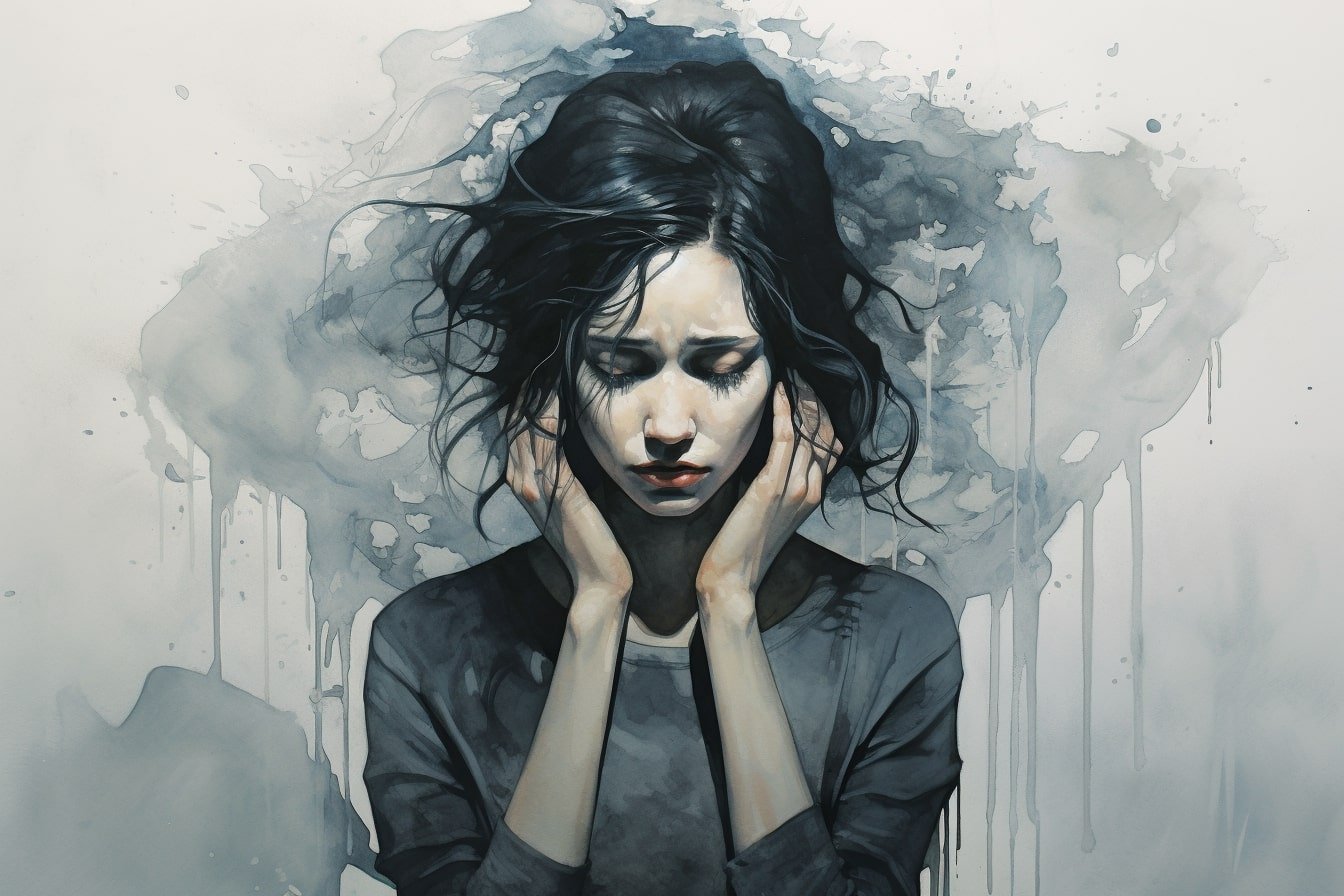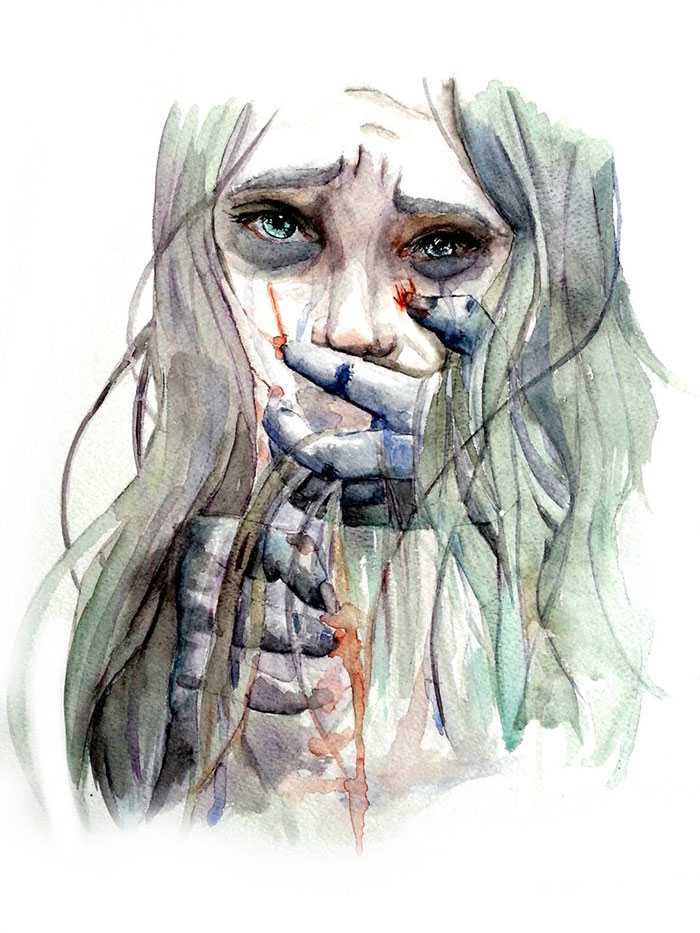
What exactly is depression?
Depression is a mood disorder that causes persistent feelings of sadness, emptiness, and also loss of joy. It is quite different from the mood fluctuations that people regularly experience as a part of life.
Can depression be cured?
Unfortunately, there is no culture for depression. However, while there is no cure for depression, there are effective treatments that help with recovery. You need to note that the earlier that treatment starts, the more successful it may be. Some people may never experience depression again after a single period of it. Others however may continue to have relapses every now and then.
What is a relapse?
This is a period where your depression returns just when you were already recovered. It however returns after it has been triggered.
Many people experiencing depression recover after a treatment plan. Even with effective treatment, however, a relapse may occur.
To prevent relapse, people who take medication for depression should continue with treatment — even after symptoms improve or go away — for as long as their doctor advises.

Signs and symptoms of depression you need to look out for.
What then causes depression?
Brain chemistry.
There may be a chemical imbalance in parts of the brain that manage mood, thoughts, sleep, appetite, and behavior in people who have depression.
Hormone levels.
Changes in female hormones estrogen and progesterone during different periods of time like during the menstrual cycle, postpartum period, perimenopause, or menopause may all raise a person’s risk for depression.
Family history.
You’re at a higher risk for developing depression if you have a family history of depression or another mood disorder. If someone in your family lineage has been depressed before, there are high chances that you could get depressed as well.
Early childhood trauma.
Some events affect the way your body reacts to fear and stressful situations.
Brain structure.
There’s a greater risk for depression if the frontal lobe of your brain is less active. However, scientists don’t know if this happens before or after the onset of depressive symptoms.

Medical conditions.
Certain conditions such as chronic illnesses could put you at a risk of depression. These illnesses include cancer, Parkinson's syndrome and many more. The thought that you could die from an incurable illness is too much to handle, something that causes depression.
Substance use.
A history of substance or alcohol misuse can affect your risk.
Pain.
People who feel emotional or chronic physical pain for long periods of time are significantly more likely to be plunged into depression.
Personality.
Some people and personalities are just more likely to experience depression. For example, people who tend to hold in worries and stress, have low self-esteem, are perfectionists, and are sensitive to criticism are naturally more likely to be depressed than those who don’t.
In conclusion therefore, once you cited the signs and symptoms of depression either on you or a loved one, it would be safer to seek medical support immediately so as to take the issue at hand. Do not wait for it to get severe and act upon it when it is still mild.











